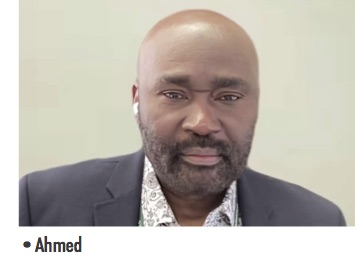By Josfyn Uba
A group of mental health organisations has held an interdisciplinary colloquium to mark the 2024 Mental Health Week, and to advocate improved mental health services in Nigeria.
The event brought together various stakeholders, including patients, mental health professionals, legal practitioners, police officers, policymakers and health administrators, to address the progress and challenges in mental health services in Nigeria and it also focused on the implementation of the National Mental Health Act, 2021.
The colloquium, attended by approximately 120 participants, featured discussions on the recent legal changes governing mental health services, particularly the National Mental Health Act. The participants, including politicians, representatives from the Ministry of Health, senior health administrators, legal and mental health professionals from all geopolitical regions of Nigeria, as well as Nigerian experts based in Canada, the United States and Australia, explored the implications of these changes and developed recommendations to drive progress in mental healthcare.
Prof. Adekunle Garba (AG) Ahmed, the event’s convener, emphasised the consensus among participants on the significance of the National Mental Health Act in upholding human rights, promoting community-based services, and improving the quality of care for individuals with mental health conditions.
The participants outlined several key actions to ensure the Act’s effective implementation and drive progress in mental healthcare.
These actions include the immediate establishment of the Department of Mental Health Services to spearhead the Act’s implementation, broad dissemination of the Mental Health Act in simplified formats and multiple languages, and distribution of informational materials to various organisations and educational institutions.
Stakeholders also advocated for comprehensive media engagement to raise awareness about patient rights under the Act and reduce stigma, educational initiatives targeting religious communities to improve understanding and counteract stigma associated with mental illness, development of mental health education plans for institutions and professional development bodies, collaborative efforts with traditional healers to provide inclusive patient care, prioritisation of the Mental Health Fund as a public-private funding model, and task-shifting strategies to address the shortage of mental health practitioners.
Also, Prof. Ahmed emphasised the participants’ commitment to advocating for these recommendations and promoting the Act’s implementation to enhance mental health services across Nigeria. “The colloquium’s outcomes signal a concerted effort to transform mental health care in Nigeria, ensuring that legal frameworks support comprehensive and accessible services for all individuals facing mental health challenges,” he said.





